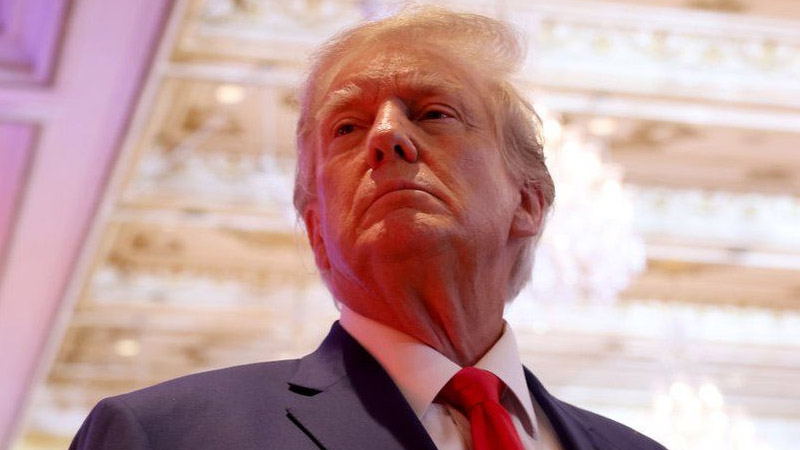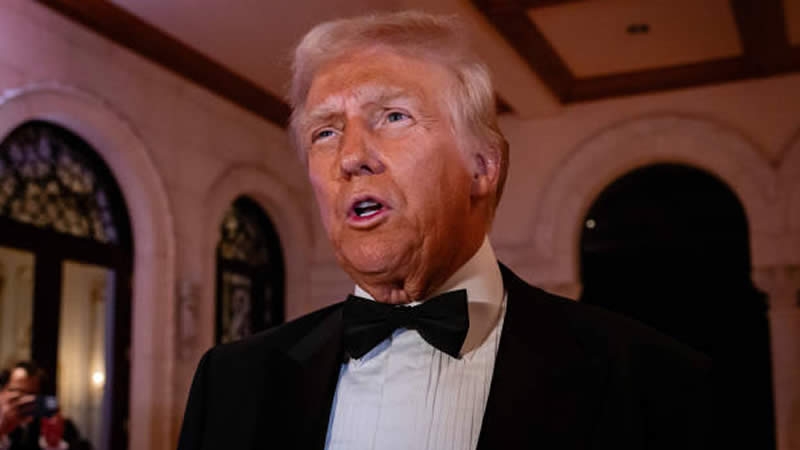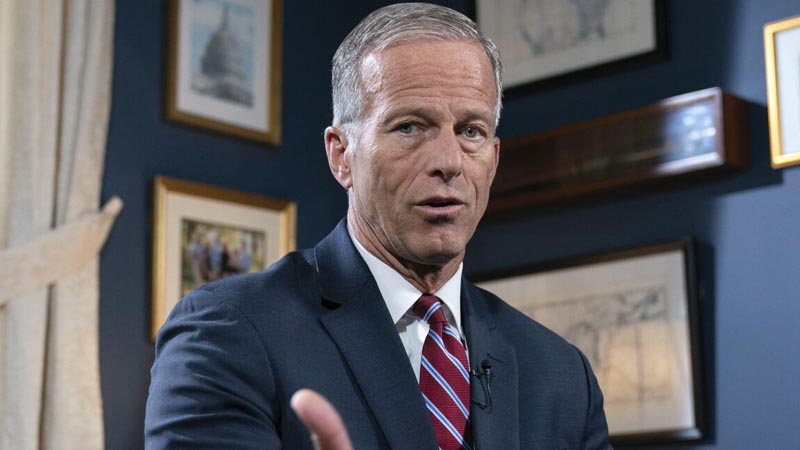Trump’s FCC Chair Launches Investigation Into NPR and PBS Over Alleged Ad Violations

(Getty Images)
WASHINGTON—Federal Communications Commission (FCC) Chairman Brendan Carr has launched an investigation into National Public Radio (NPR) and the Public Broadcasting Service (PBS), accusing them of illegally airing commercial advertisements. The move, reported by NPR itself on Thursday, could pave the way for cutting federal funding to public broadcasters.
Carr, a longtime Republican commissioner and Trump ally, previously served as the FCC’s general counsel and played a role in drafting Project 2025, a controversial blueprint for restructuring government agencies under Trump’s leadership. In a letter to NPR and PBS, Carr expressed concern that the networks may be violating federal law by airing prohibited advertising.
“I am concerned that NPR and PBS broadcasts could be violating federal law by airing commercials,” Carr wrote. “In particular, it is possible that NPR and PBS member stations are broadcasting underwriting announcements that cross the line into prohibited commercial advertisements.”
Public broadcasters like NPR and PBS operate under strict regulations that prohibit them from running traditional commercials. Instead, they rely on corporate sponsorships, which allow for brief acknowledgments of financial supporters without explicit endorsements of their products or services.

Both NPR and PBS strongly denied any wrongdoing. PBS CEO Paula Kerger pushed back on the allegations, stating, “We work diligently to comply with the FCC’s underwriting regulations and welcome the opportunity to demonstrate that to the Commission.” NPR CEO Katherine Maher echoed that sentiment, adding, “We are confident any review of our programming and underwriting practices will confirm NPR’s adherence to these rules.”
While Carr does not have direct regulatory authority over NPR or PBS, he does oversee the roughly 1,500 local affiliate stations that air their content. His letter makes it clear that his broader objective is to create a rationale for Congress to defund public broadcasting entirely.
“For my own part, I do not see a reason why Congress should continue sending taxpayer dollars to NPR and PBS given the changes in the media marketplace,” he stated. Although the majority of NPR and PBS funding comes from corporate sponsorships, federal dollars remain a crucial source of revenue. Public broadcasters receive funding indirectly through grants from the Corporation for Public Broadcasting (CPB), which distributes money to local affiliates. These stations then use those funds to pay for NPR and PBS programming.
Critics view the investigation as a politically motivated attack on public media, which has long been a target of conservative efforts to reduce government involvement in broadcasting. With Carr now in charge of the FCC under Trump’s administration, the fate of NPR and PBS funding could soon be in jeopardy.




